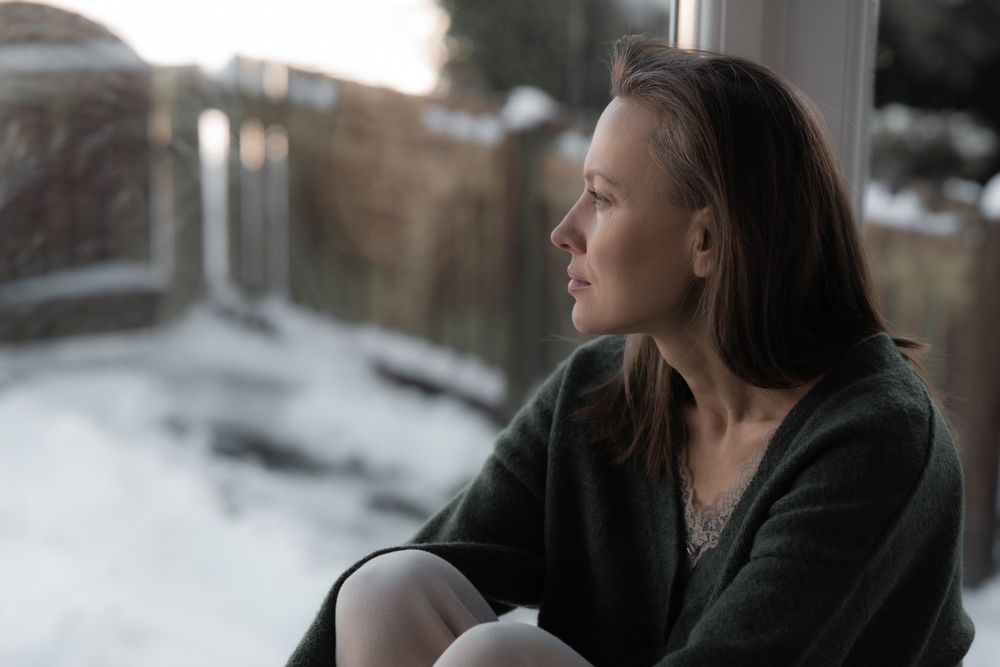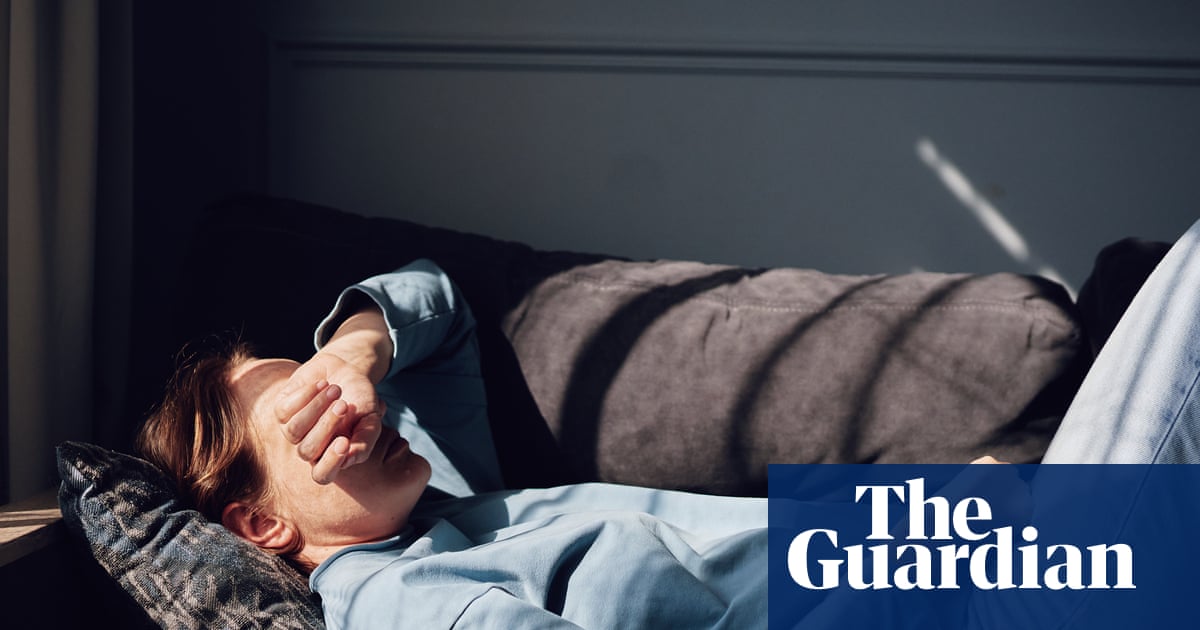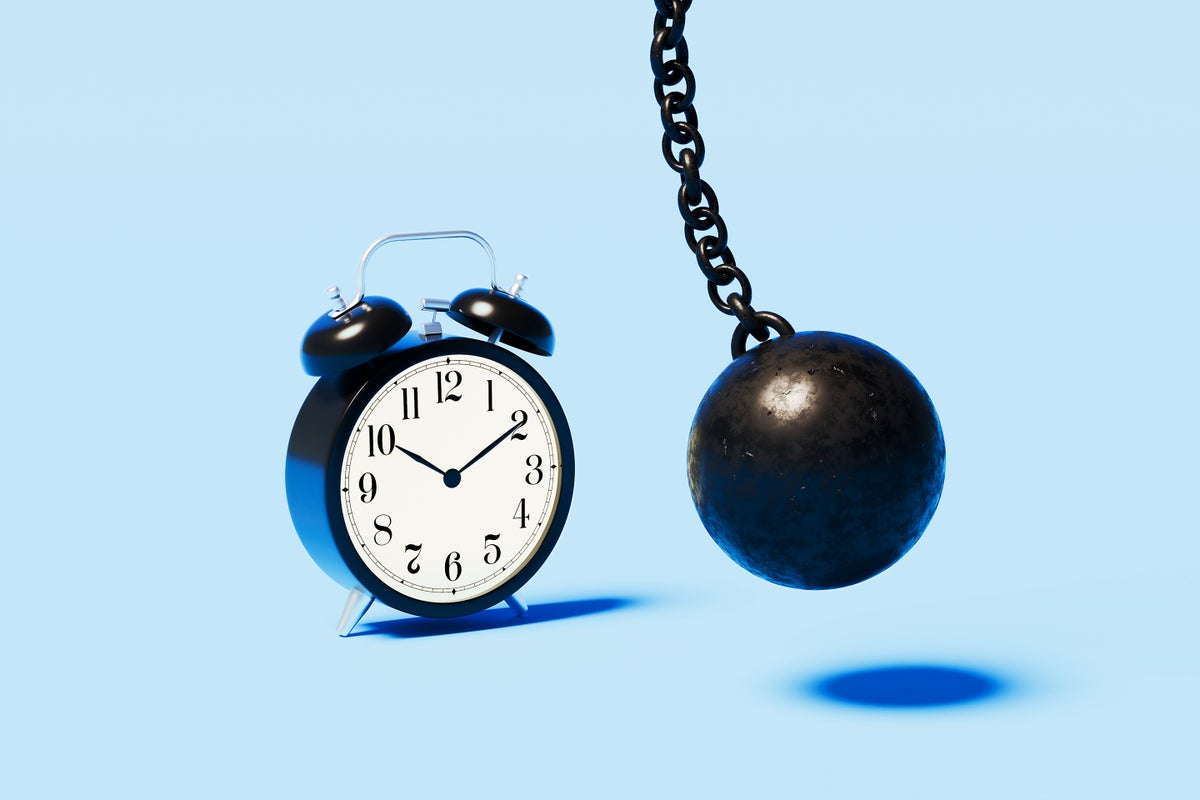#circadian-rhythms
#circadian-rhythms
[ follow ]
#daylight-saving-time #seasonal-affective-disorder #light-therapy #public-health #health #depression #obesity
fromwww.theguardian.com
1 month agoThe perfect way to look after your health if you work shifts
We have a clock in the hypothalamus in the brain, and that clock has evolved to control many aspects of our physiology. This includes metabolism and immune system, hormones, and heart, lung and brain function. We've evolved to be awake in the daytime and asleep at night. When we do shift work, we're going against what our natural rhythms want us to do.
Public health
Science
fromwww.theguardian.com
1 month agoThe secrets of the body clock: how to tune into your natural rhythms and have a better day
Human circadian clocks drive daily fluctuations in hunger, energy, mood, motivation, and alertness, vary by chronotype, and rely on the light–dark cycle to remain synchronized.
Health
fromwww.theguardian.com
3 months agoIt sounds like witchcraft': can light therapy really give you better skin, cleaner teeth, stronger joints?
Light therapy uses specific wavelengths—especially red and infrared—with some proven benefits from sunlight but mixed and frequency-dependent evidence for many commercial devices.
[ Load more ]










